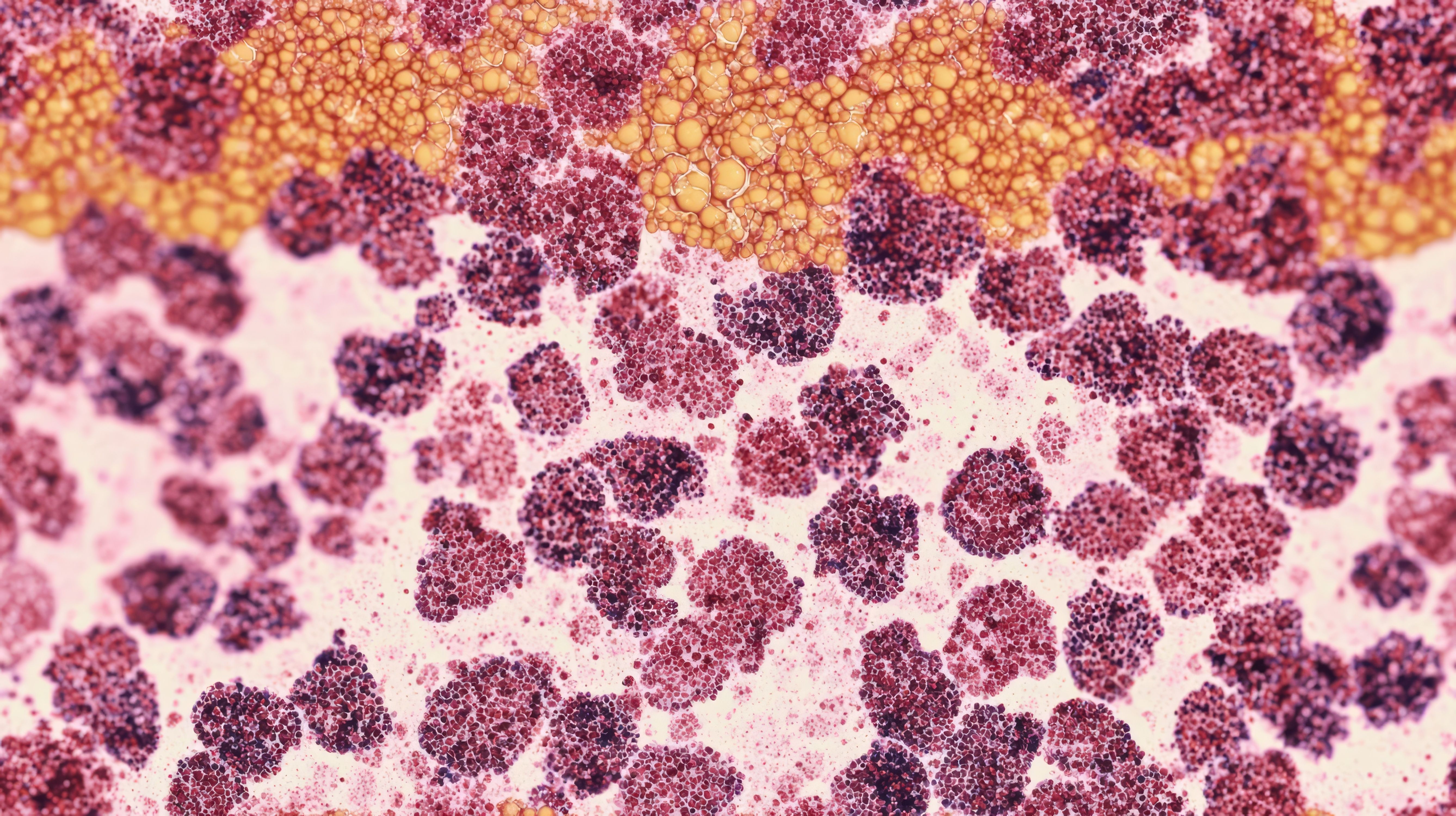Article
Can Oxytocin Improve Symptoms of PTSD?
Author(s):
Study evaluates intranasal oxytocin as a pharmacologic intervention for patients with post-traumatic stress disorder.
Research findings published in the February 2016 issue of Psychoneuroendocrinology suggest that intranasal oxytocin has the potential to be an effective pharmacologic intervention for patients with post-traumatic stress disorder (PTSD).
The University of Haifa and Rambam Health Care Campus (Israel) study found that a single intranasal dose of oxytocin enhanced compassion toward women, but not men, in both patients with PTSD and study controls without PTSD.
“The fact that the present study found that oxytocin may improve compassion among patients with post-traumatic stress disorder toward women provides new evidence that oxytocin may be able to improve the social behavior of these patients,” said lead author Simone Shamay-Tsoory, professor in the Department of Psychology at the University of Haifa.
Whereas impairments in social skills, including empathic abilities, have been shown in previous studies to be common in patients with PTSD, the ability to feel compassion—a pro-social behavior that is based on empathy and drives people to help others—had never before been assessed in this patient population.
For the current study, Professor Shamay-Tsoory, Professor Ehud Klein, Director of Psychiatry at the Rambam Medical Center, and Sharon Palgi, PhD, Head of the psychologists' team in the Psychiatric Day-Care Department at Rambam Medical Center, examined whether patients with PTSD suffer from deficits in compassion as well as the association between the clusters of PTSD symptoms and these deficits.
The team also investigated whether intranasal oxytocin—shown in previous studies to possibly modulate social behaviors—may enhance compassion in patients with PTSD.
Using a randomized, double-blind, placebo-controlled crossover design, Shamay-Tsoory and colleagues administered 24 IU of oxytocin and placebo at a 1-week interval to 32 patients with PTSD and 30 matched healthy control participants with no history of psychiatric disorders. All participants were asked to listen to two randomly chosen different stories 45 minutes after receiving treatment. In the stories, a male or female protagonist described distressful emotional conflicts.
Participants were asked to provide compassionate advice regarding this distress. Two psychologists who were blinded to patients’ treatments analyzed participants’ responses to the stories.
The results indicate that patients with PTSD exhibit significant and comprehensive deficits in compassion when compared with healthy controls and that the numbing cluster emerged as the key predictor of those deficits. Patients with PTSD were also less talkative when offering advice than were healthy controls (average length of about 31 words vs. 47 words).
“The difficulty in the ability to feel compassion may be due to problems in the ability to identify, understand, and empathize with the other’s state of distress (ie, difficulties in emotional and cognitive empathy),” the researchers wrote. “These difficulties in empathy and compassion may relate to social problems that characterize patients with post-traumatic stress disorder.”
The finding that a single dose of oxytocin enhanced compassion only toward women may speak, from an evolutionary perspective, to one of the oxytocin roles, which is to moderate pro-social behaviors, including compassion, mainly toward the survival of weaker and vulnerable individuals with groups—including females, pregnant females, and children—who cannot defend themselves in nature, in light of stress.
“If the stories of children with distress were included in our study, it is possible that Oxytocin enhances compassion toward those stories even more,” the study authors wrote. “Until now, several theoretical studies proposed that oxytocinergic system functions abnormally among patients with PTSD and that intranasal OT may potentially serve as an effective pharmacological intervention for ameliorating symptoms of PTSD, but very few studies have examined the effects of OT administration among these patients, and to the best of our knowledge, the effects of OT on empathy and compassion among patients with PTSD have never been assessed,” the researchers concluded.
“For this reason, the findings of the present study are both significant and innovative.”
Newsletter
Stay informed on drug updates, treatment guidelines, and pharmacy practice trends—subscribe to Pharmacy Times for weekly clinical insights.






